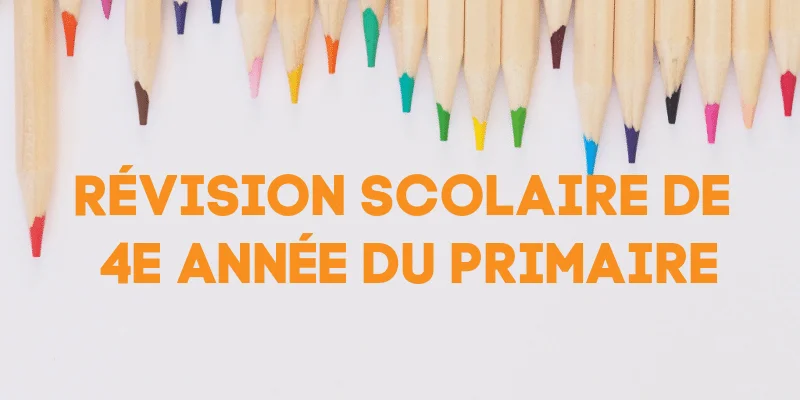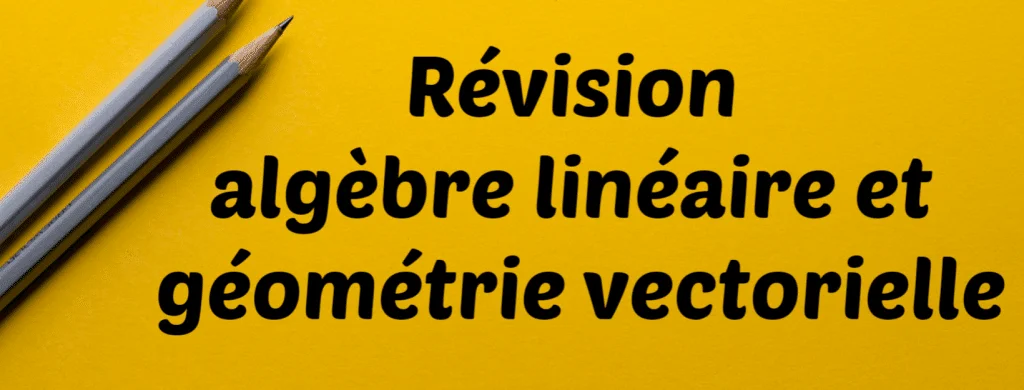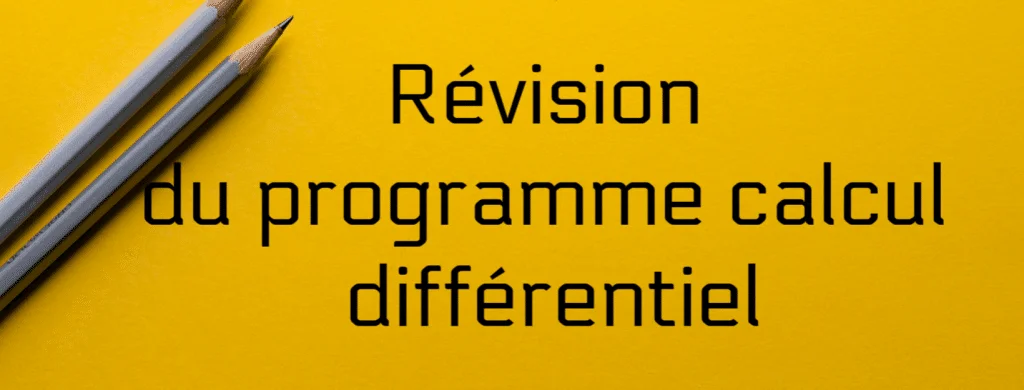Fourth year of elementary school
A school year involves many notions for students, teachers and parents. You care about your child’s success, and you want to review 4th grade with him or her. This is the last year of the second cycle. This page gives you access to the essential knowledge for the fourth year of elementary school. What’s more, it offers you unique Internet resources to support your youngster throughout the school year. In short, this page is an indispensable guide to French and math revision for grade 4. It is based on the Quebec Education Program, which is available on the Ministry of Education and Higher Education of Quebec website.
Spelling and word meaning in Grade 4
Students must be able to :
- Use a dictionary correctly
- Identify letter position rules
- Know the rules for capitalization and elision
- Identify spelling constants
- Distinguish between homophones: a/à, son/sont, ont/on, ses/ces, mes/mais
- Remember word formation: prefixes and suffixes
- Word meanings
- Fixed expressions
- Word relationships: word families, lexical fields, synonyms and antonyms
Grammar and agreement system for your learner
Your student should be able to master the following concepts:
- Word classes
- The noun: its gender, number (singular or plural), the addition of the “x” for the plural of certain words, the formation of the feminine form
Listen: word classes
- Recognize a determiner
- Identify the agreement of the determiner
- Agree determiners with nouns
The Adjective :
- Forming the plural and feminine forms of adjectives
- Knowing that adjectives are receivers of agreement
- Knowing adjective agreement
- Recognize the agreement of adjectives following an attributive verb
- The conjugated verb and the infinitive verb
- find a conjugated verb in a sentence
The pronoun:
- The noun phrase: identify receivers, agreements, the noun complement function and its constructions.
Listen: the noun phrase
Syntax and punctuation in fourth grade
Your child will :
- Observe sentence structure and constituents
- Recognize the subject and identify the subject group
- The predicate (verb group)
- The sentence complement
- Syntactic manipulations: addition, deletion, replacement and displacement
- Sentence forms: positive and negative
- Sentence types: declarative, interrogative and imperative
The ponctuation
- Use commas to separate items in an enumeration
- Understand the use of hyphens in direct speech
Conjugation for your 4th grader
Students must master the following concepts:
- The present infinitive and its endings
- Radical and ending
- Conjugate the verbs avoir, être, aimer, dire and aller in the different tenses below and know their endings:
Present indicative, imperfect, future simple, present conditional, present participle and near future.
Grade 4 mathematics
The child will have to use and know the mathematical concepts in the following list.
Arithmetic
Student understands: the meaning and writing of numbers, natural numbers (placing in order), counting real and drawn collections, decomposing numbers, rules for agreeing and writing numbers.
- Recognizes equivalent expressions
- Situates natural numbers
- Can round and approximate numbers
Fractions
- Order fractions and fractional numbers
- Associate a fraction with a part of a whole or a group of objects
- Compare fractions
To learn visually how to compare fractions :
Decimal numbers
- Places decimal numbers in order
- Reads and writes numbers in decimal and fractional notation
- Compose and decompose a decimal number written in decimal notation
- Recognize equivalent expressions
- Locate decimal numbers on a number line
- Arranges decimal numbers in ascending or descending order
Operations on numbers
- Addition and subtraction of whole numbers and decimal numbers: addition tables
Multiplication and division of whole numbers
- Operation properties (PEMDAS)
Geometry
- The Cartesian plane
- Solids: edges, vertices and faces
- Development and construction of prisms and pyramids
- Plane figure
- Naming convex and non-convex polygons
- Quadrilaterals
- Triangles
- Parallel and perpendicular lines
- Classification of angles (null, right, acute, obtuse and flat)
- Frieze, reflection and paving
Listen: translation and reflection friezes
Measure
- Units of length and their conversion
- Perimeter, area and volume: understanding and applying formulas
Statistics and probability
Diagrams with horizontal or vertical stripes and broken lines
- Event types
Useful links :
- http://soutien67.free.fr/francais/niv03/franniv035.htm
- Revision of grade 3 : https://sosprof.ca/revision-scolaire-de-la-3e-annee-du-primaire/
- Tips to make homework easier
https://sosprof.ca/trucs-et-astuces-pour-faciliter-la-periode-des-devoirs-et-la-routine-quotidienne/
Essential skills for elementary school :
- Kindergarten school review
- School revison for grade 1
- School revison for grade 2
- School revison for grade 3
- School revison for grade 5
- School revison for grade 6
- Essential knowledge in English as a second language at elementary level
- Teach it Forward
- Become an elementary school tutor
- Find a math tutor
- Find a tutor in French or French as a second language
- Find an English tutor
- Ministry of Education spelling list
[1] Ministère de l’Éducation et de l’Enseignement supérieur (MEES). Quebec Education Program.http://www.education.gouv.qc.ca/fileadmin/site_web/documents/education/jeunes/pfeq/PFEQ_programme-prescolaire.pdf













